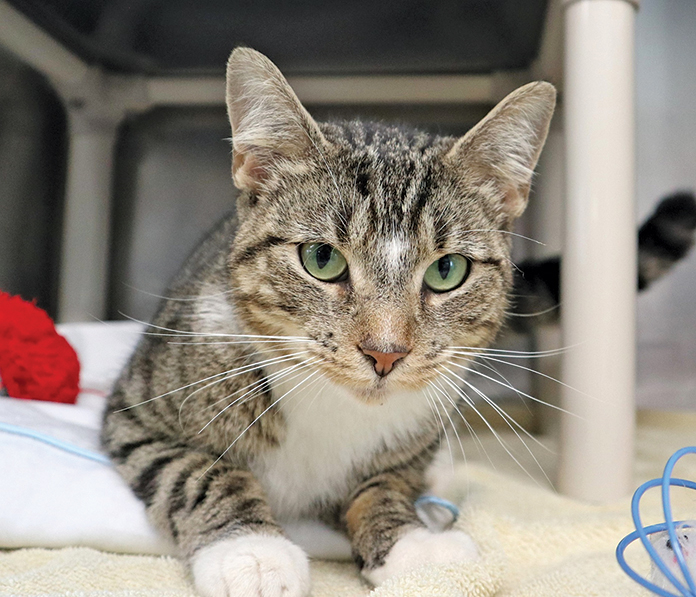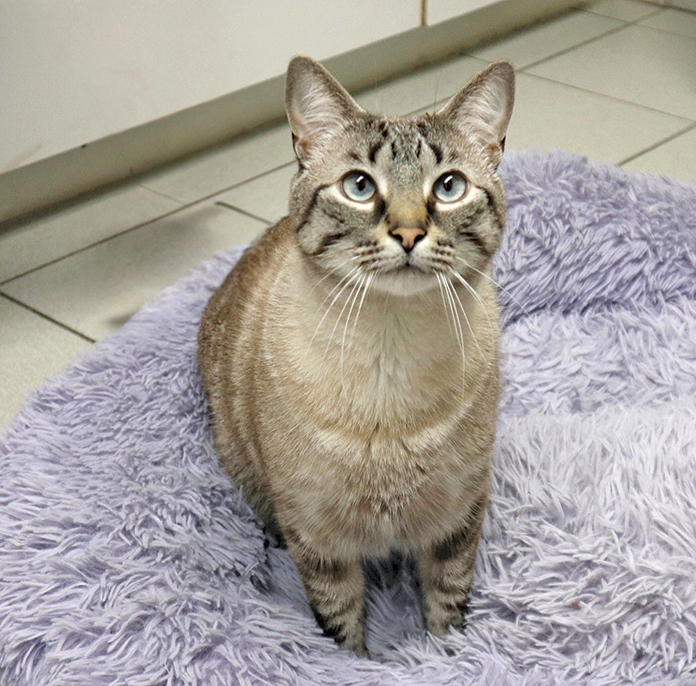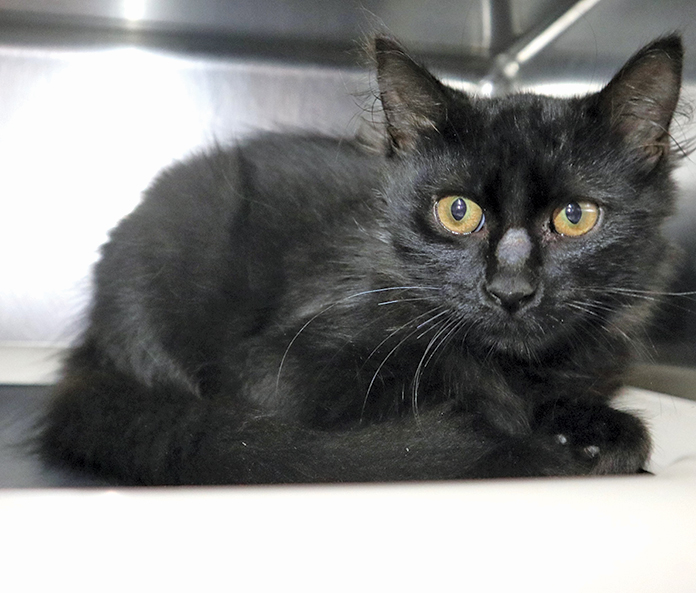
JERSEY SHORE – There are so many benefits to a trap, neuter, vaccinate and release program that animal advocates want to see the entire region blanketed with them.
The idea is that volunteers trap outside cats. The animals are taken to a vet where they are spayed or neutered, and then vaccinated against common diseases. If the animal is friendly to humans, it can be put up for adoption. However, if it has been feral for too long, it will be released back into the wild – healthy and without the ability to make any more kittens.
Brian Hackett, the director of government and community relations for the Associated Humane Societies (AHS), said that in New Jersey, it’s vital for the public and elected officials to allow TNVR programs to humanely reduce the stray cat population.

“Animal shelters are under tremendous strain,” he said. People are adopting less because of how expensive pet care can be. On the other side of the spectrum, there are people who take in too many, becoming hoarders, which is a type of abuse. When these people are caught, their animals flood the shelters, too.
As a privately-run shelter, Popcorn Park Zoo is operated by the AHS and also perform animal control services, he explained.
TNVR is a very effective tool to limit intakes and make sure that the only animals in shelters are adoptable, he said. This way, they are getting animals to the people who will care for them instead of getting cats from the wild, holding them for a little while, and euthanizing them if they are not adoptable.
The only cats taking up space and resources in shelters should either be good candidates for adoption, or injured and needing to be healthy enough to be released back into the wild, he said.
The AHS tries to work with local governments to educate them on why TNVR is a good public health initiative.
The goal is to have all towns have a process for TNVR. If one town has it, and their neighbor does not, then breeding cats are going to spread out from one town into the other, he said.
“90% of euthanized animals are cats,” Hackett said.

Toms River Animal Shelter
The Associated Humane Societies put out a call for action when the Toms River Animal Shelter was closed. Four animal control officers were reduced to one, with a back-up by a pest control company.
Mayor Daniel Rodrick has repeatedly said that the shelter was poorly run and that the animals were being mistreated – statements that shelter staff and volunteers have argued against. He closed the shelter on June 6, saying that the county needs to do construction on the shelter before they take it over. The county has said that there’s no plan in place to take it over.
The action points from AHS states that the shelter sits empty while the county shelters are filling up. They warned Toms River residents that if your pet goes missing, to check at the county shelters in Jackson and Manahawkin.
They urged that residents seeing firsthand instances of animals in Toms River suffering because of this closure to file a formal complaint to the State Department of Veterinary Public Health at nj.gov/health/vph/.
“We need more capacity and more programs and more funding – not less,” Hackett said.







